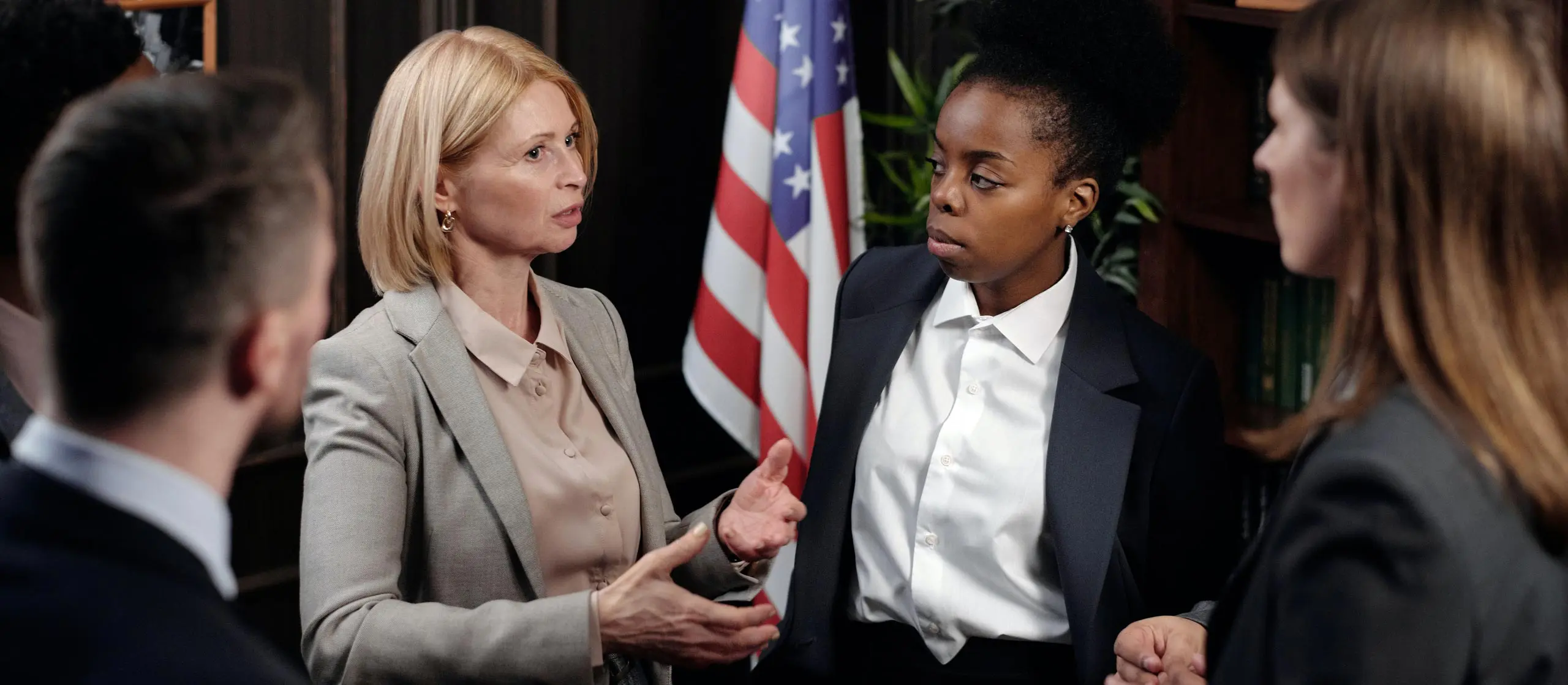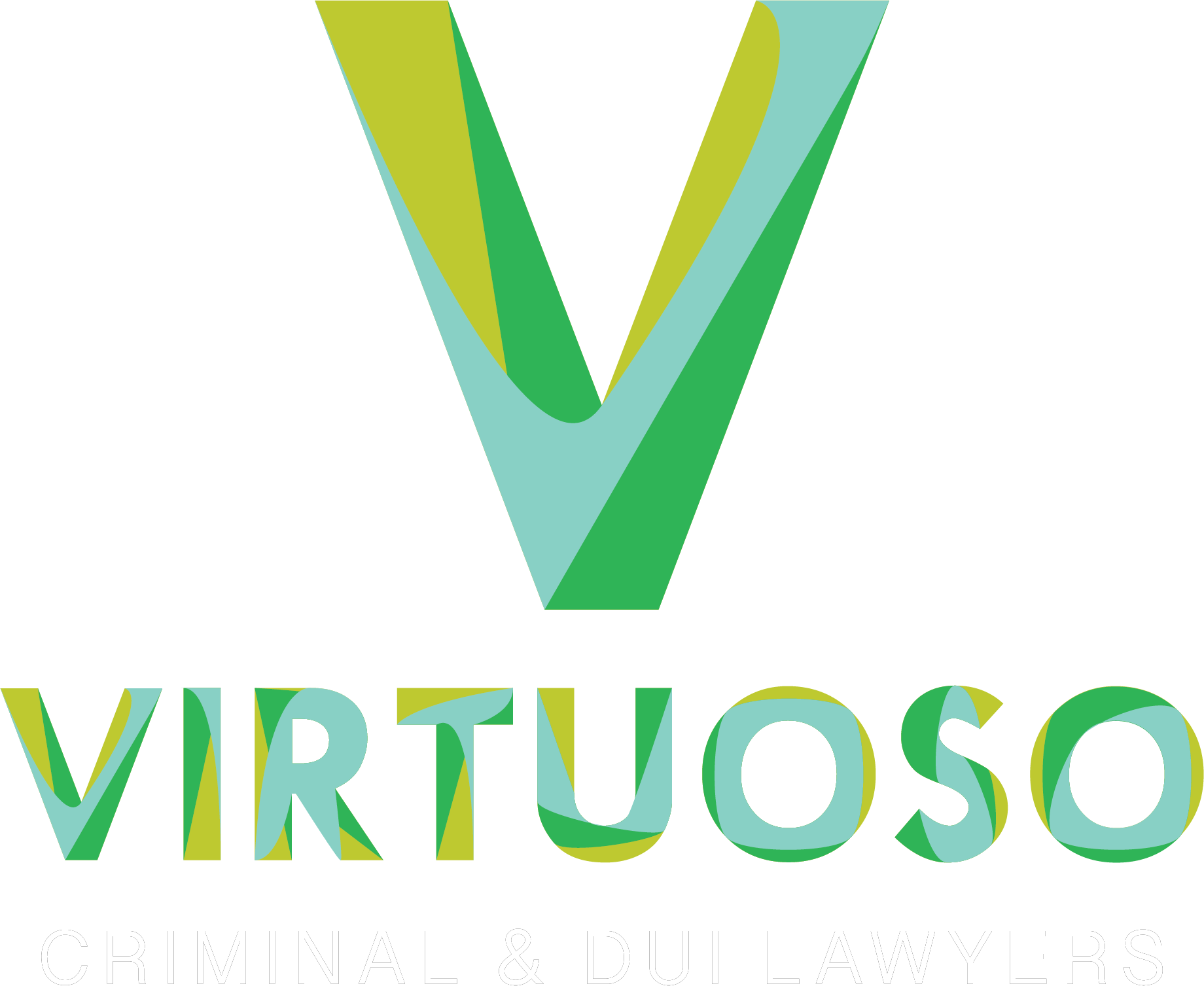Expungements & Record Clearance
Expungements in California-Can I get my charges off of my record?
A criminal case is serious not just because of the possibility of jail time, but also because a conviction for seemingly minor criminal charge can have long-lasting effects for the defendant even after serving their sentence, especially when it comes to finding a job. Fortunately, the California penal code allows for expungements of your criminal record in some circumstances.

How do I get my charges expunged?
California Penal Code Sections 1203.4 and 1203.4a (“PC 1203.4” and “PC 1203.4a”) allow you to petition the court for expungement of your record after your case is concluded. PC 1203.4 governs expungement for misdemeanors and felonies where probation is imposed, and 1203.4a governs expungements for other charges. In both cases,
PC 1203.4 allows for people to get their criminal case expunged from their record if
- They are sentenced to probation,
- The defendant has completed probation AND
1. The defendant has fulfilled the conditions of probation for the entire probationary period, AND
2. The defendant is not currently serving another sentence
If these elements are not met, then the court can still decide to expunge the defendant’s criminal case if it feels that this would be “in the interests of justice.”
When the court grants the defendant’s petition for expungement, it then “sets aside” any guilty verdict previously entered in the case, as well as any guilty plea that the defendant entered, if applicable.
There are some charges that cannot be expunged under 1203.4:
- Sodomy with a victim 14 years old or younger (PC 286(c))
- Lewd acts with a child 14 years old or younger (PC 288)
- Repeated sexual or lewd acts with a child 14 years old or younger (PC 288.5)
- Oral copulation with a child 14 years old or younger (PC 288a)
- Sexual penetration against the victim’s will by force or fear, against a victim 14 years old or younger (PC 289)
- Distribution of obscene materials (PC 311.1, PC 311.2)
- Sexual exploitation of a child (PC 311.3)
- Possession of child pornography (PC 311.11
- Unlawful sexual intercourse with a minor (PC 261.5)
- A misdemeanor for failure to stop after an accident, or “hit and run” under Vehicle Code 42002.1
PC 1203.4 also does not allow for expungements of misdemeanors where probation was not imposed, nor does it allow for expungement of convictions for infractions, but PC 1203.4a covers this situation.
A conviction for a misdemeanor where jail time was imposed, or a conviction infraction can be expunged in California if the following conditions are met:
- The defendant has fully complied with the terms of the sentenc
- The defendant is not currently serving any other sentenc
- Since the pronouncement of judgment, the defendant has lived a “robust and upright life”, AND
- One year has lapsed from the initial pronouncement of judgment
If the above conditions are not met, then the court can still order the charges expunged if it feels that expungment would be “in the interests of justice.”
Like in 1203.4, 1203.4a does not allow for expungments under some particularly serious types of misdemeanors and infractions. Expungement under 1203.4 is not possible for:
- Convictions “lewd acts with children” under PC 288(c)
- A conviction for “hit and run” under Vehicle code 42002.1
- Any other motor vehicle infractions as defined in Vehicle code 42001
What does an expungement get me under California law?
An expungement under either PC 1203.4 or PC 1203.4a relieves the defendant of all “penalties and disabilities” that come with a criminal conviction. Most importantly, this allows you to withhold information about your previous criminal conviction from most job applications (with narrow exceptions listed below). You do not, however, gain the right to deny the fact of your arrest. In addition, there are some other important limits to an expungement:
- You must still disclose information about your conviction when asked in a direct questionnaire as part of an application for a public service position (for example, a job in law enforcement)
- You must still disclose information about your conviction in an application for any state license
- You must still disclose information about your conviction when contracting with the State Lottery.
- A conviction that has been expunged can still be used against you at DMV license revocation proceedings
- A conviction that has been expunged can still prevent you from owning or possessing a firearm
- A conviction that has been expunged can still prevent you from holding public office
- A conviction that has been expunged can still count as a “prior” in later criminal proceedings
This last point is important because some criminal charges in California become more serious based on how many “priors” the defendant has committed. As an example, consider a defendant who has been convicted of a DUI. This is their first conviction for a DUI, and the defendant completes all of the terms of their sentence satisfactorily, and then gets this DUI conviction expunged later on. Now suppose this same defendant is later arrested and charged for another DUI. This DUI will count as a “second” DUI, with greater penalties, even though the defendant’s only other DUI conviction has been expunged.
It should also be noted that if the defendant is interested in expungment, then the defendant must petition the court for this-an expungment is not granted automatically. If you are facing criminal charges and you feel that you might be eligible for expungement, be sure to ask your attorney about how to best go about this and prevent the long term effects of a criminal record!
Clips of Counsel: Watch and Learn
“Daniel Vaswani, lead attorney at Virtuoso Criminal and DUI Lawyers, explains the complicated process of a DUI arrest and the importance of hiring the right lawyer.”
“Attorney Joe McPeak from Virtuoso Criminal and DUI Lawyers discusses important defense strategies for domestic violence cases.”
“Discover how speaking with an attorney just days before your court date can dramatically impact your chances of release.“
We are Available




